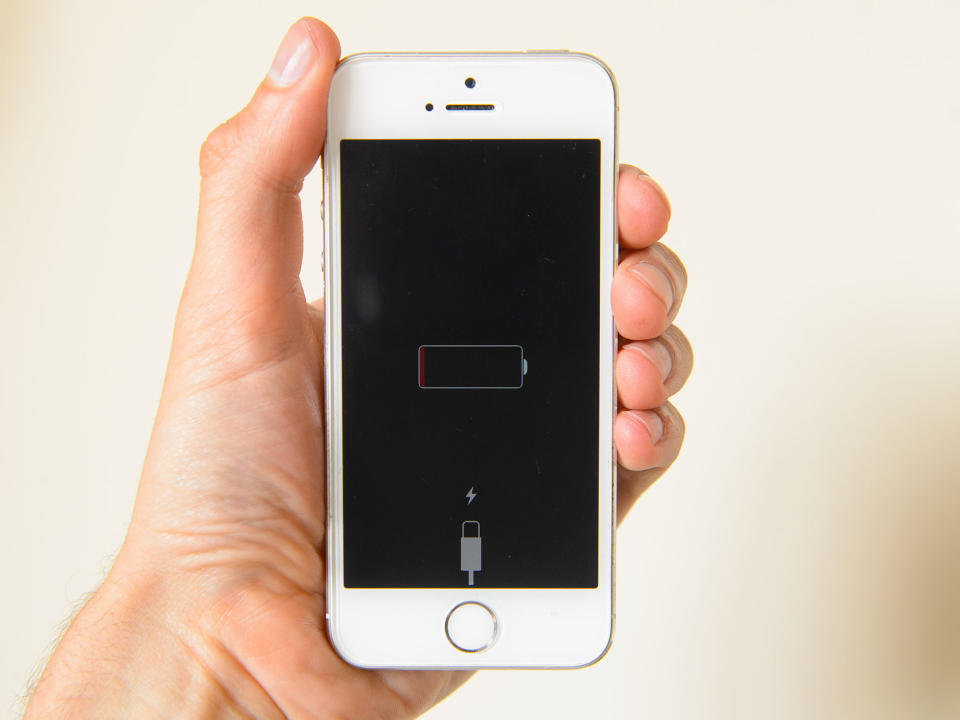You'll only need to charge your phone four times a year in the future

Brush your teeth, comb your hair, charge your phone; plugging in your device has become a twice-daily habit.
But you may be able to charge your phone just once every three months in the future.
Scientists have engineered a new material which allows processors to function using 100 times less energy.
Researchers at the Universities of Michigan and Cornell have created a new magnetoelectric multiferroic material.
It is formed of thin layers of atoms which make up a magnetically polar film. This can be flipped from positive to negative with only a tiny pulse of energy.
This principle could be used to transmit binary code, the streams of 1s and 0s, on which our computers operate. This means they could send and receive data using just a fraction of the electricity.
Currently, processors are built using semiconductor-based systems which need a constant flow of electricity. But processors built using magnetoelectric multiferroic systems would only need short pulses of electricity, using far less energy.
Electronics currently consume five per cent of total global energy, and are the fastest-growing energy consumer, according to Ramamoorthy Ramesh, associate laboratory director for energy technologies at Lawrence Berkeley National Laboratory.
By 2030, electronics could consume 40 to 50 per cent of global energy. Devising energy-efficient processors could have a significant impact on our global energy footprint.
Not to mention our mood, when our phone cuts out without a plug in sight.

 Yahoo Finance
Yahoo Finance